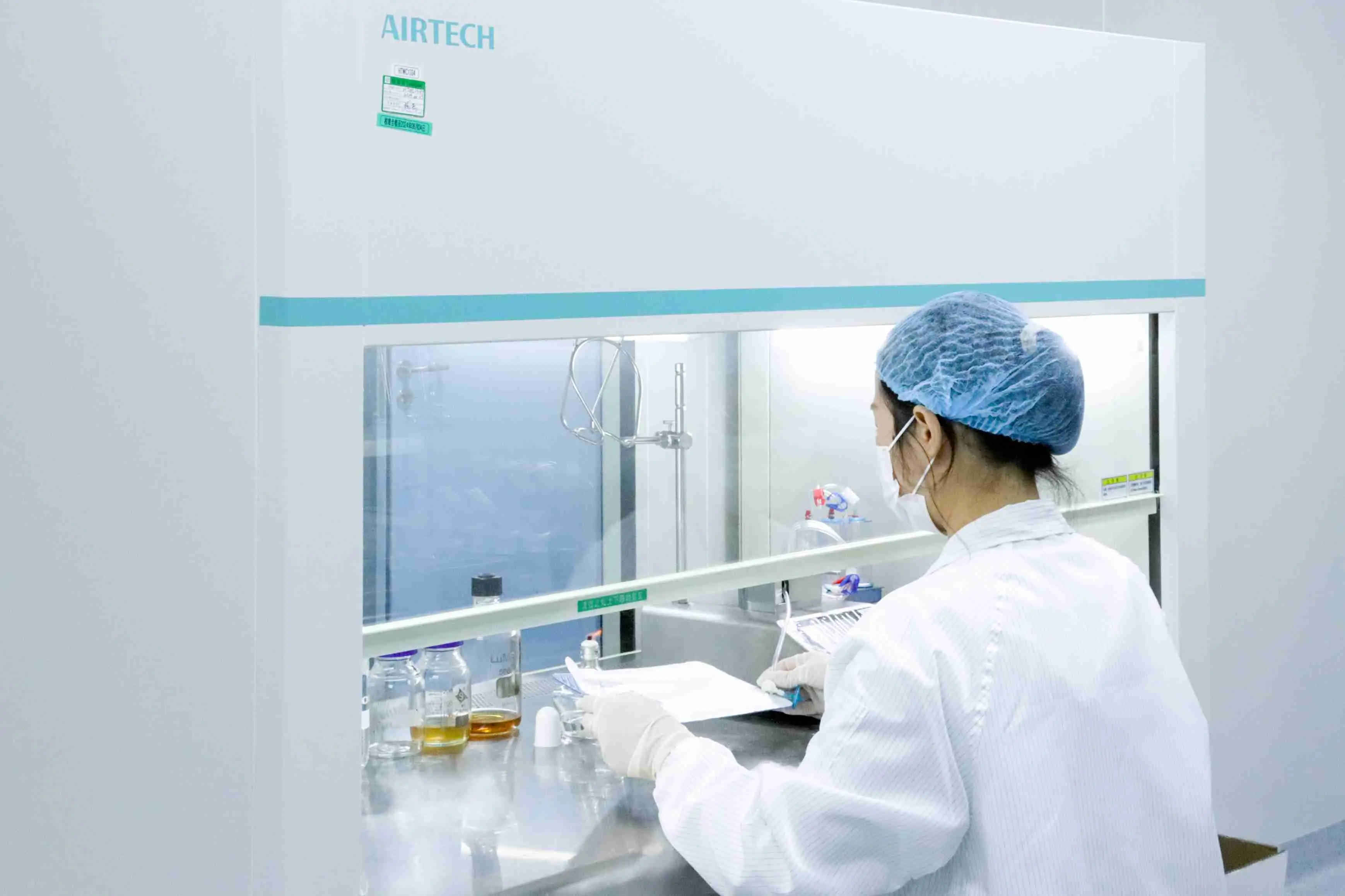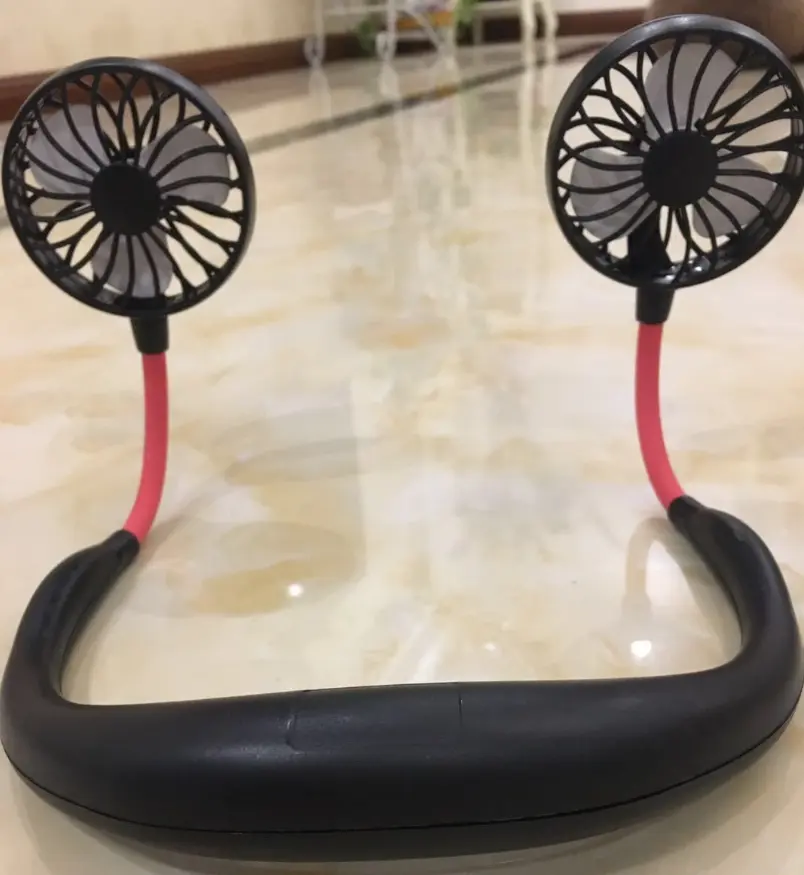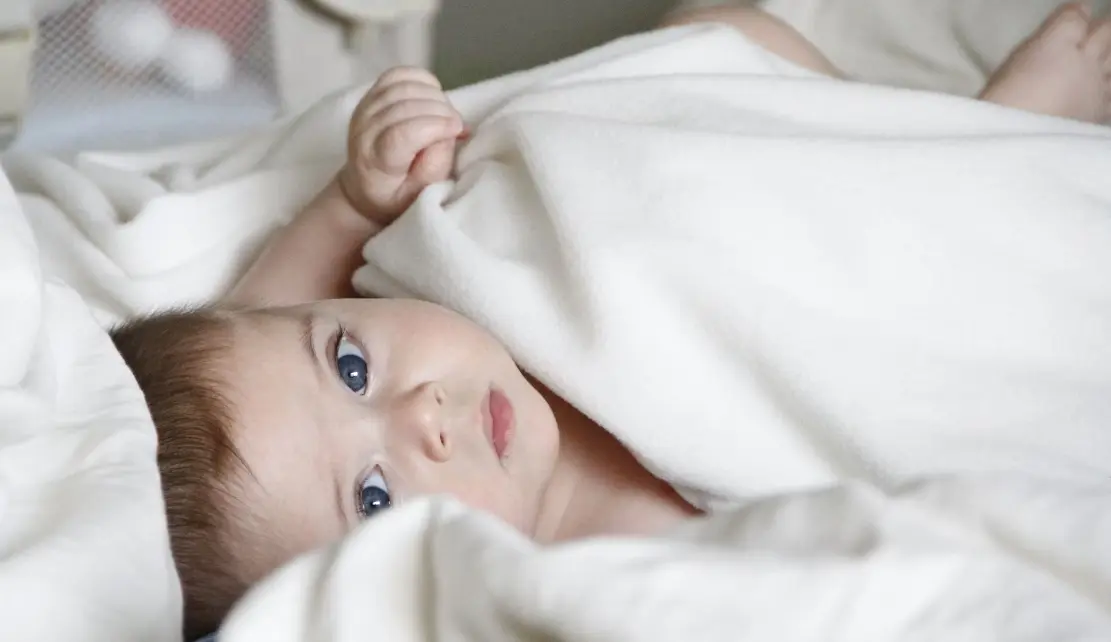
E-cigarette CB Certification Qualification Body Laboratory
On February 8, 2024, the e-cigarette safety certification standard IEC 60335-2-120:2024 was officially released. Following that, on March 4 of the same year, this standard was incorporated into the IECEE system. This means that e-cigarette products entering the international market must meet two standards simultaneously, namely IEC 60335-1:2020 and IEC 60335-2-120:2024.
With the release of the e-cigarette safety certification standard, JJR laboratory recently obtained the IEC 60335-2-120 CB recognition laboratory qualification. This significant breakthrough lays the foundation for local e-cigarette companies to expand into overseas markets with a solid safety certification and injects strong momentum into the development of related enterprises.
Why is e-cigarette cb certification important?
CB certification is a global system for the mutual recognition of electrical products established by the International Electrotechnical Commission (IECEE). The certification bodies of IECEE member countries test the safety performance of electrical products based on IEC standards, and the test results, including cb test reports and CB test certificates, are mutually recognized by IECEE member countries.
Obtaining CB certification is a key step for a product to enter the international market, and e-cigarette products are no exception. Gaining CB certification means that the performance and safety of e-cigarette products have been internationally recognized, making the legal sale of e-cigarette products in multiple countries and regions possible.
With economic development, people are paying more attention to health issues, and they are increasingly inclined to purchase products with quality and safety assurance. CB certification is one of the internationally recognized symbols of product safety. Therefore, obtaining CB certification for e-cigarette products will have a profound impact on their entry into the international market, enhancing their global competitiveness, and promoting the regulated development of the entire e-cigarette industry.
Interpreting IEC 60335-2-120
1. Release and Introduction of the Standard
Before the official release of IEC 60335-2-120:2024, e-cigarettes applying for CB certification only needed to meet the general safety requirements of household and similar appliances under IEC 60335-1:2020.
On February 8, 2024, with the official release of IEC 60335-2-120:2024, e-cigarettes applying for CB certification must meet both IEC 60335-1:2020 and IEC 60335-2-120:2024 standards, the latter emphasizing the special safety requirements for electrical appliances that produce directly inhalable aerosol devices.
2. Major Changes in the Standard
The specific requirements for CB certification of e-cigarettes under the IEC 60335-2-120:2024 standard have the following changes:
1) Waterproofing: Must at least meet the IPX4 requirement; electrical circuits or components should not be affected by moisture.
2) Battery Safety: The ventilation of the e-cigarette’s internal battery exhaust pressure must not be directed towards the user’s mouth. For rechargeable e-cigarettes, charging must be performed at 130% of the rated voltage or 7.5V until stable to avoid battery explosion or spontaneous combustion.
3) Temperature Control: The handheld part of the e-cigarette must remain below 24°C.
In addition, the standard imposes strict regulations on other aspects of the e-cigarette, such as structure, inhalation time, and inhalation volume.
China JJR’s Advantage in E-cigarette CB Certification
As a testing and certification institution with extensive experience and advanced equipment, JJR has recently obtained the qualification for e-cigarette CB certification and is able to provide comprehensive, professional, and accurate testing and evaluation services for e-cigarette CB certification.
Steps to Apply for CB Certification
Submit application materials to JJR — Document review — Product testing — If the test is passed, the CB certificate will be issued.
Required Documents for Certification
Application form, CDF (template)
Circuit diagram, PCB, BOM parts list, exploded view, approval certificates for key components, product user manual, labels, etc.;
If the product includes a battery, battery pack specifications, battery cell specifications, battery label, battery pack component list, battery pack circuit diagram, PCB, ISO9001 or quality control documents from the manufacturer, etc., are required.
Certification Timeframe & Costs
- Normal timeframe: 4 to 5 weeks (starting from formal project approval)
- Costs: Email consultation.
Email:hello@jjrlab.com
Write your message here and send it to us
 ISO 10993-5 Tests for In Vitro Cytotoxicity
ISO 10993-5 Tests for In Vitro Cytotoxicity
 FDA Designated Cytotoxicity Testing Laboratory
FDA Designated Cytotoxicity Testing Laboratory
 Cytotoxicity Testing Labs
Cytotoxicity Testing Labs
 Introduction to UL94 Flammability Testing
Introduction to UL94 Flammability Testing
 Canada Electrical Product Compliance Certification
Canada Electrical Product Compliance Certification
 Button Battery 16 CFR Part 1263 and ANSI/UL 4200A
Button Battery 16 CFR Part 1263 and ANSI/UL 4200A
 American Certification Testing for Baby Walkers
American Certification Testing for Baby Walkers
 Baby and Children's Products EU & US Certifica
Baby and Children's Products EU & US Certifica
Leave us a message
24-hour online customer service at any time to respond, so that you worry!




